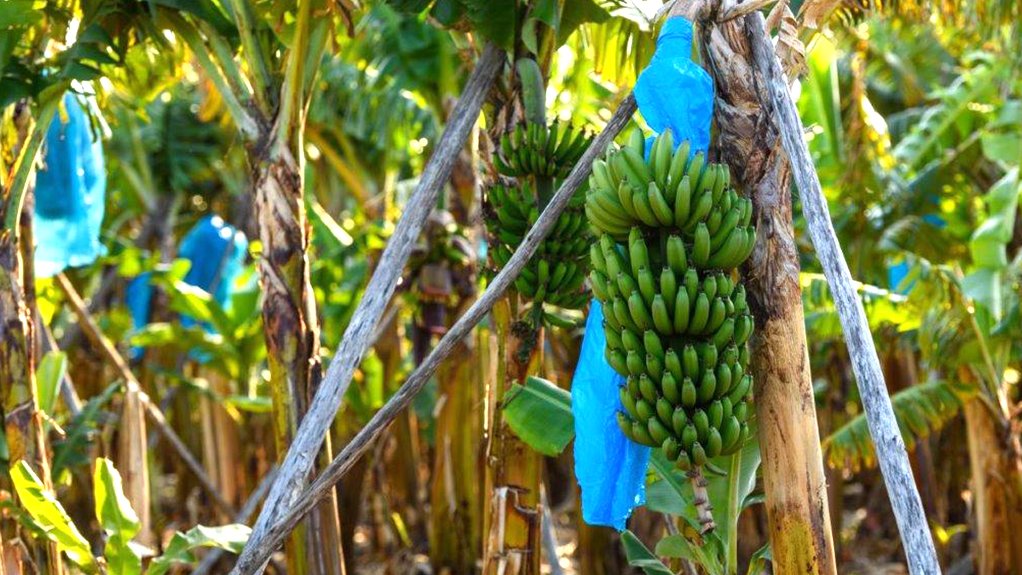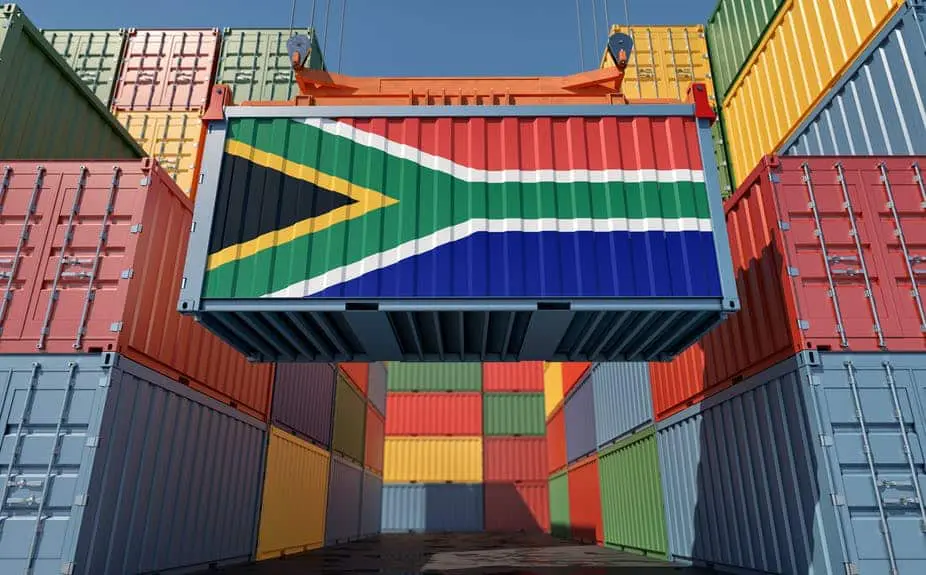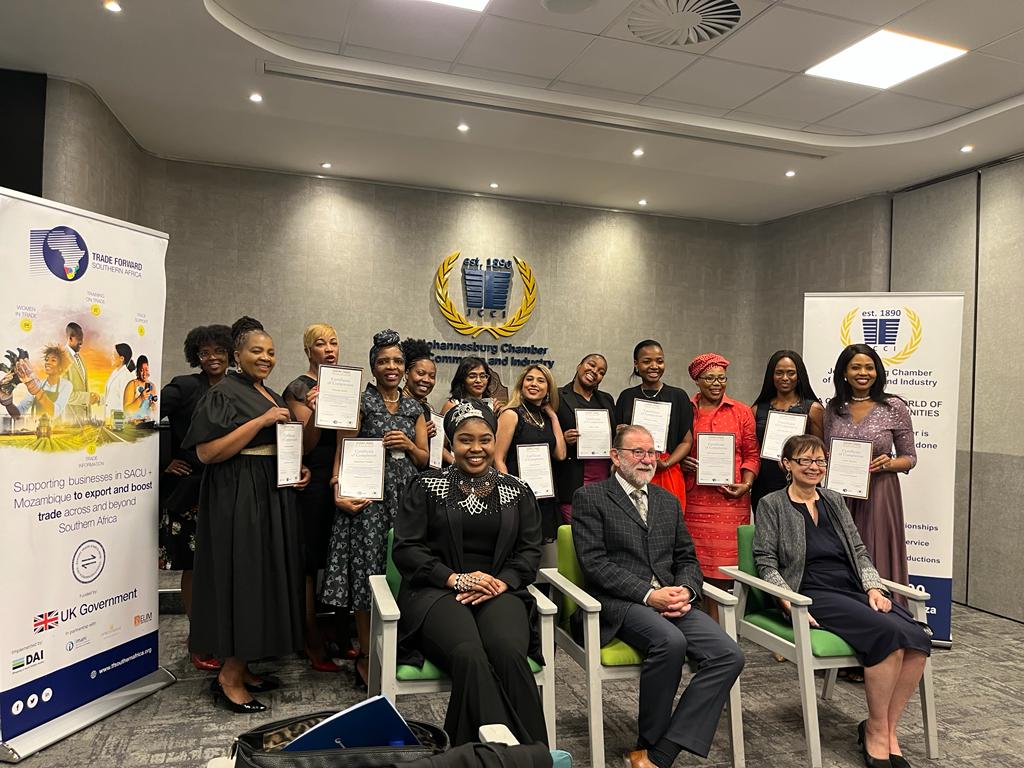Lesotho’s wool and mohair producers have only benefitted slightly from the government’s recent decision to allow other wool and mohair auctioneers and brokers to start competing with the Lesotho Wool Centre.
The centre had the sole government authorisation to auction and broker all wool and mohair in that country for close to two years.
This was according to Khotsang Moshoeshoe, a representative of the Lesotho National Wool and Mohair Growers’ Association, who told Farmer’s Weekly that only one other company, Maluti Wool and Mohair Centre, had since received government certification to start auctioning and brokering the commodities.
Moshoeshoe alleged that Lesotho’s wool and mohair growers were often not paid, or received far less than they were due by the Lesotho Wool Centre.
He added that while the Maluti Wool and Mohair Centre, which was being advised by BKB Wool and Mohair in South Africa, was a welcome alternative to Lesotho Wool Centre, the government’s ongoing legislation prohibiting the country’s wool and mohair from being auctioned and brokered outside the country’s borders, was also proving detrimental to local producers.
“At the last [sale] at Maluti Wool and Mohair Centre, kids’ mohair sold for an average R355/kg. In South Africa around the same time, kids’ mohair sold for an average R525/kg,” said Moshoeshoe.
He explained that the Lesotho government’s refusal to allow the country’s wool and mohair producers to market their products in South Africa or elsewhere meant that producers could not achieve fair market prices.
“Maluti Wool and Mohair Centre also charges 6,5% commission on the gross value of the sales it handles. At BKB Wool and Mohair in Port Elizabeth we were charged 4% commission. Lesotho’s wool and mohair growers would still make more money by paying R27 000 to transport 30t of wool or mohair to Port Elizabeth for auction instead of having to auction their products in Lesotho,” he added.
“Our industry is still very much in a struggle to see that these Lesotho government regulations are repealed,” Moshoeshoe said.
Isak Staats, general manager of BKB Wool and Mohair, told Farmer’s Weekly that it was unnecessarily expensive, time-consuming and inconvenient for wool and mohair buyers to have to travel back and forth between Port Elizabeth and Lesotho to source their requirements.
“We want to see the system going back to what it was where Lesotho’s wool and mohair producers were able to market their products in South Africa,” Staats said.
Source article: (October 2019) Farmers Weekly








